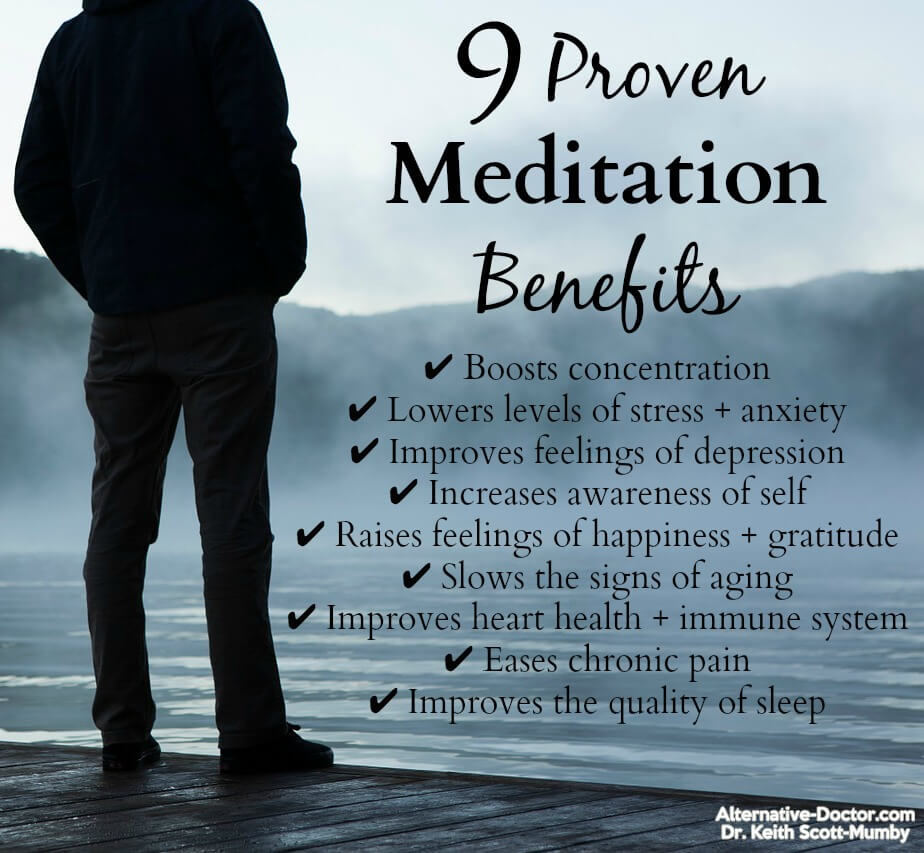I’m a staunch believer in the benefits of meditation. There are many forms of this ancient practice that range from an easy five-minute session you can do practically anywhere to focused deep meditation that requires a bit more time and effort.
For those who deal with a lot of daily stress (personally or professionally), I highly recommend learning a form of meditation that’s right for you.
With that said, new scientific research published in PLOS ONE from the University of Chicago has found links between this healthy mental exercise and the acquisition of wisdom.
The researchers also included ballet (an addition I found rather odd, to be honest) as a way to compare and contrast other results. Meant as a control, researchers were shocked to discover this form of dance (by professionals and amateurs) in conjunction with meditation was also linked to wisdom. There’s a separate study being conducted on ballet specifically.
The only true wisdom is in knowing you know nothing. ~Socrates
As we age, I think we’d all agree that we “pick things up” along the way. We learn common sense things like how to pay bills and make tea, relationship dos and don’ts (usually trial and error), and better ways to navigate our professional lives.
Wisdom is something else entirely.
It is the “quality of having experience, knowledge, and good judgment” – basically a foundation that leads to better use of your mind, heart, and body.
Based on initial results, there is strong indication that wisdom can be learned much like any other skill. This would explain the old saying that wisdom comes with age but not all those of advanced age are wise.
Professor of psychology, Howard Nusbaum explained, “As we learn more about the kinds of experiences that are related to wisdom, we can gain insight into ways of studying the mechanisms that mediate wisdom. This also lets us shift from thinking about wisdom as something like a talent to thinking about it as something more like a skill…it is something we can always get better at, if we know how to practice.”

Benefits of Meditation…and Ballet?
The survey administered to participants asked about four specific activities (whether as a teacher or pupil). It also asked specific questions regarding mindset. Levels of empathy, anxiety, and other feelings associated with the attainment of wisdom.
- Meditation (vipassana, mindfulness, gratitude, Buddhism, and others)
- Alexander Technique (focused on posture, balance, coordination, and movement)
- Feldenkrais Method (focused on movement, pain reduction, and self-awareness)
- Classical ballet
Those in the meditation categories showed higher levels of wisdom and far lower levels of anxiety. Though practitioners of ballet were at the lowest end of the wisdom spectrum in these groups, it should be noted that the longer ballet held a place in a participant’s life, the higher their scoring in specific mental traits that are believed to lead to greater wisdom.
Lead author and researcher, Patrick B. Williams stated, “We are the first to show an association between wisdom and mental and somatic [movement of the body] practice. We’re also the first to suggest that meditation’s ability to reduce everyday anxiety might partially explain this relationship.”
If you think it’s strange that wisdom is only now being examined in regards to human health, you’re not alone. “Although wisdom, as an intellectual pursuit, is one of the oldest subjects studied by human-kind, it is one of the youngest, as a scientific pursuit,” stated Williams.
Over the last decade, the benefits of meditation are finally gaining recognition as a natural, inexpensive, and effective way to improve physical health and mental wellness. The more we learn about stress and chronic inflammation, the more such practices make sense.
9 Proven Meditation Benefits
- Helps you make healthy improvements in other areas of your life
- Boosts concentration and the ability to multi-task (even in children)
- Lowers levels of stress and anxiety
- Improves feelings of depression and increases awareness of self
- Raises feelings of happiness, gratitude, and acceptance
- Slows the signs of aging
- Helpful for your heart health and immune system
- Eases chronic pain
- Improves the quality of sleep
As I mentioned, there are many forms of meditation. I particularly enjoy taking a few moments for myself if I’m overwhelmed or overscheduled. You can take five minutes to sit in your car, a restroom stall at your job, or on a park bench.
I use a very simple visualization technique that I’ve perfected over time of a place that helps me feel at peace and settled with the world. You can do this sitting (best) or standing (still good). Simply close your eyes, control your breathing, and picture this place, situation, or object that inspires feelings of peace and contentment. This has calmed my mind in just a couple of minutes but take longer if you need it.
It isn’t the technique that will give you the optimal benefits of meditation but it’s so good in a pinch that I suggest it to people who say they have no time (5 minutes!) to take to do this. I highly recommend you doing some research to find the technique that best works for you.
One of my favorite methods involves guided meditation (you can find them on YouTube and Google Play) that requires privacy and a bit more time but is so worth it.
You’ll feel as though you’ve had a mini-vacation!
The post Are Meditation and Wisdom Linked? appeared first on Alternative Doctor Dev Site.
